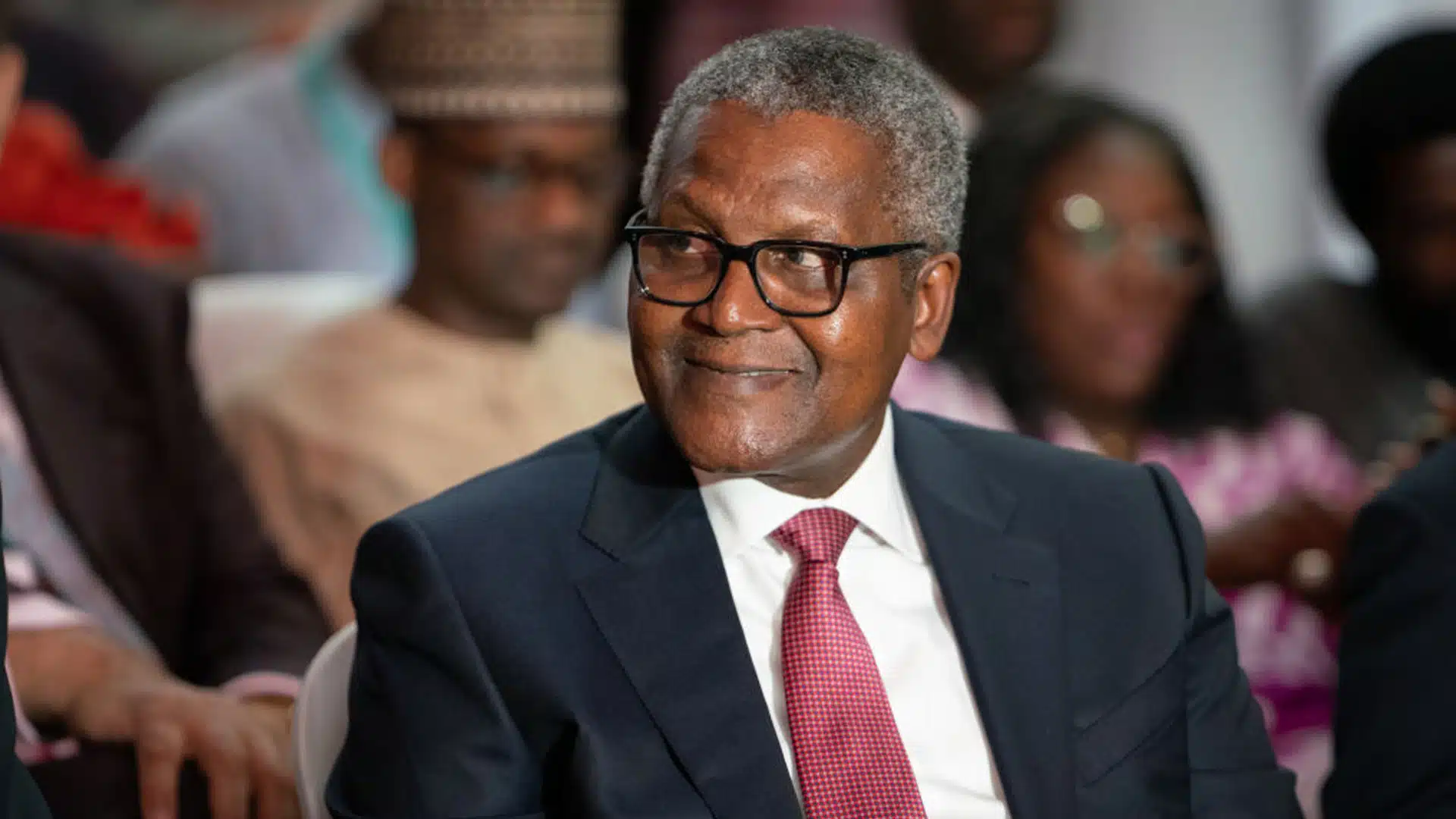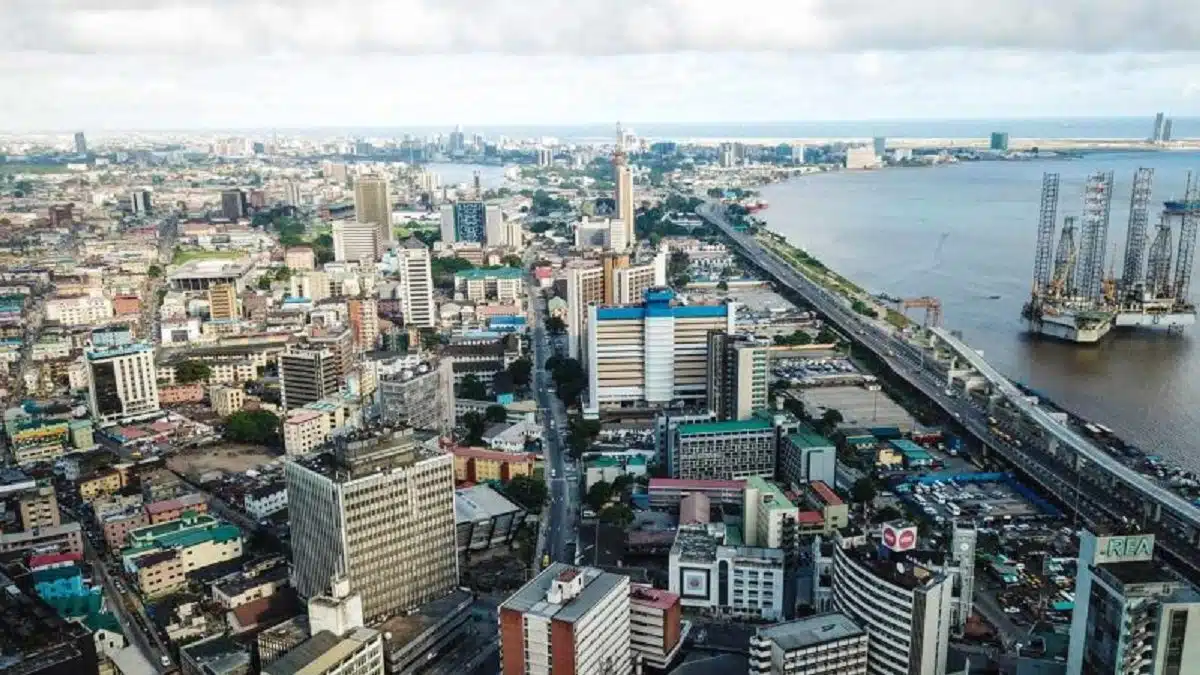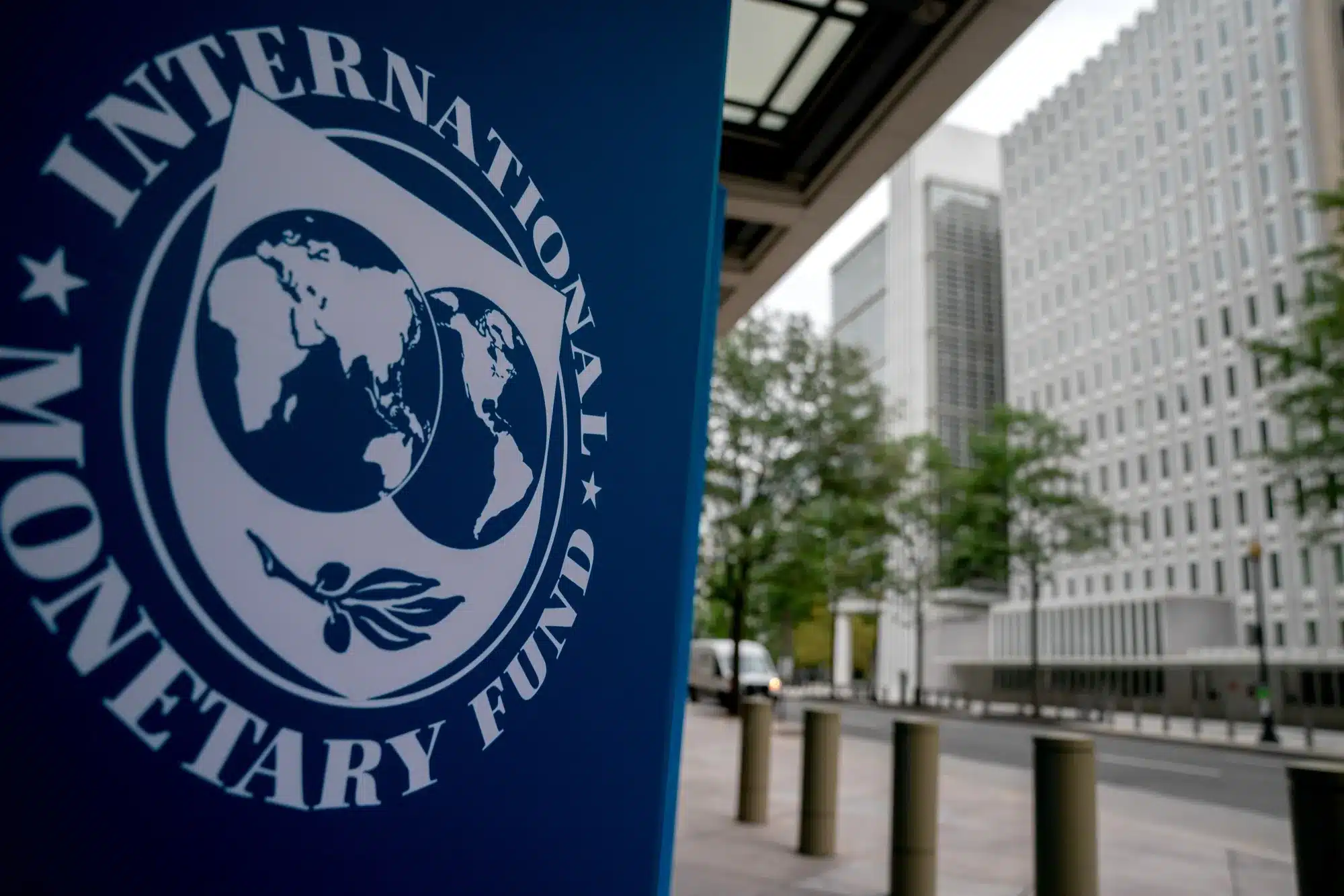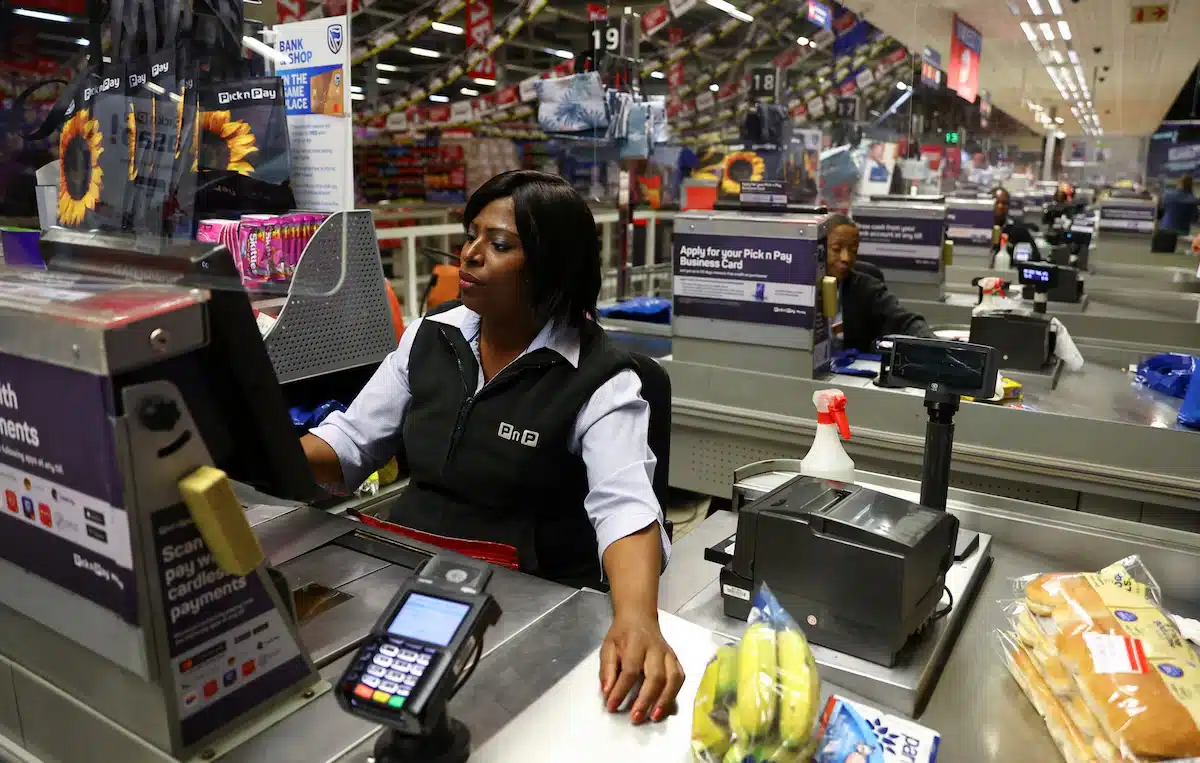Aliko Dangote, Africa’s richest man, is taking his fertiliser ambitions beyond Nigeria’s borders—this time placing a $3 billion bet on Ethiopia, a country grappling with fertiliser shortages, foreign exchange constraints, and rising food insecurity.
The proposed plant, to be built in Gode, Somali Regional State, is more than just an industrial investment—it marks a strategic shift in Dangote Group’s pan-African expansion and a vote of confidence in Ethiopia’s long-term economic prospects.
“This project is not just an investment; it is a strong commitment to Ethiopia’s agricultural self-sufficiency and regional economic integration,” Dangote said Tuesday on social media platform LinkedIn. “Given the country’s supply challenges, including a high dependence on imports from Morocco and Russia, urgent action was needed.”
Fertiliser shortages are choking Ethiopian agriculture
Ethiopia’s fertiliser challenge has moved from being cyclical to structural. The second most populated country in Africa imports more than 90% of its fertiliser needs, relying heavily on shipments from Morocco and Russia. In 2025, the country faced a shortfall of over 400,000 tonnes of DAP (diammonium phosphate) fertiliser during the critical Meher planting season.
With logistics delays, a tightening foreign exchange market, and strained global supply chains, farmers were left exposed, leading to delayed planting, shrinking harvests, and mounting food inflation.
The Dangote facility aims to produce urea and nitrogen-based fertilisers locally, bridging the supply gap while fuelling agricultural productivity across East Africa.
For a country where agriculture provides nearly 70% of jobs and contributes a third of GDP, fertiliser isn’t just a farming input—it’s a national necessity. Local production has become essential for food security, economic stability, and rural livelihoods.
Why Gode?
The $3 billion facility is set for Gode, a town strategically positioned along the Ethiopia–Djibouti transport corridor. This route connects landlocked Ethiopia to its key maritime outlet at the Port of Djibouti, offering critical logistics advantages.
By building in Gode, Dangote Group may benefit from lower costs for importing raw materials and quicker access to export markets in Kenya, Somalia, South Sudan, and beyond. Ethiopia’s aspirations to become an agro-industrial hub in East Africa align squarely with Dangote’s expansion blueprint.
“The city of Gode, located on the strategic Ethiopia–Djibouti axis, will become a new industrial hub, in line with Prime Minister Abiy Ahmed’s vision and the ambitions of the Homegrown Economic Reform II (HGER II) program,” Dangote said.
Government support and reform momentum
Dangote’s decision is also backed by strong policy tailwinds. Ethiopia’s government, under the HGER II program launched in 2020, has prioritised foreign direct investment (FDI) in sectors like manufacturing, agriculture, and logistics.
And the efforts are paying off: FDI inflows rose by 21.9% to $3.27 billion in 2024, up from $2.68 billion in 2023, according to data from the UN Conference on Trade and Development.
The choice of Gode—far from the traditional industrial hub of Addis Ababa—also aligns with Ethiopia’s decentralisation strategy. The government is encouraging investments in underserved regions, and Dangote’s plant is expected to create thousands of jobs while spurring infrastructure development in the east.
A familiar playbook
Dangote Industries is no stranger to the fertiliser game. It already runs Africa’s largest granulated urea fertiliser plant in Nigeria, with an annual capacity of over three million tonnes. That facility now exports to major markets, including Brazil, the United States, and India.
The Ethiopia project is the next logical step. It not only provides access to a heavily undersupplied local market but also allows the company to tap into growing regional demand for affordable, locally produced fertiliser.
In a recent interview, Dangote revealed that fertiliser exports could soon reach $7 million in daily revenue. Ethiopia, he suggested, would be a key piece of that growth strategy.
What’s next?
With a memorandum of understanding signed and groundwork expected to begin in the coming months, attention is now turning to execution. Success will hinge on infrastructure readiness, foreign exchange stability, and local security conditions.
But the message is clear: Dangote is doubling down on fertiliser—and placing a long-term wager on Ethiopia’s future.
If the plan goes as envisioned, it could reshape the continent’s agricultural landscape and set a new benchmark for regional industrialisation in Africa.











